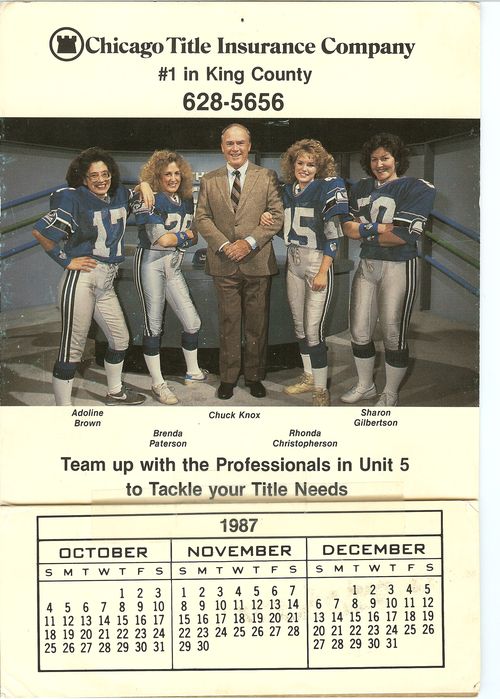My son is getting ready to start college this fall and although I've done my best to plan and save to help out for his education, I'm not able to foot the entire cost. Like many parents, the 529 I've been religiously plunking away at was butchered when our markets crashed… I've continued plunking every month to this account but it's really a drop in the bucket. I'm very proud of him and he has earned a nice academic scholarship that will help go towards the expense. He's going to have to take out some student loans and it's something I'm not thrilled about.
I recently watched a show on CNBC about the student loan crisis and it has me very very concerned. It's appalling how much it smacks of the subprime crisis. Some of the stories on the show revealed how predatory some of the student loan companies and some colleges can be when they have a young student wanting "the American dream" and I'm not talking about home ownership, I'm referring to a college education. Many justify the huge expense because payments are deferred and they believe they'll graduate with employers knocking down their doors. Some students use their student loan money to buy pizza, beer…even go on a shoe shopping spree. I understand that students need money for food, but should this be financed? If they are receiving "student loan money" for essential food, should they only be allowed to use credits on campus? I'm rambling….
I plan on sharing some of my personal thoughts, experiences and opinions as I venture down this road with my son. I'll also address how student loans can impact borrowers when they on obtaining a mortgage: first time home buyers.
Any tips from parents of college grads?











Recent Comments